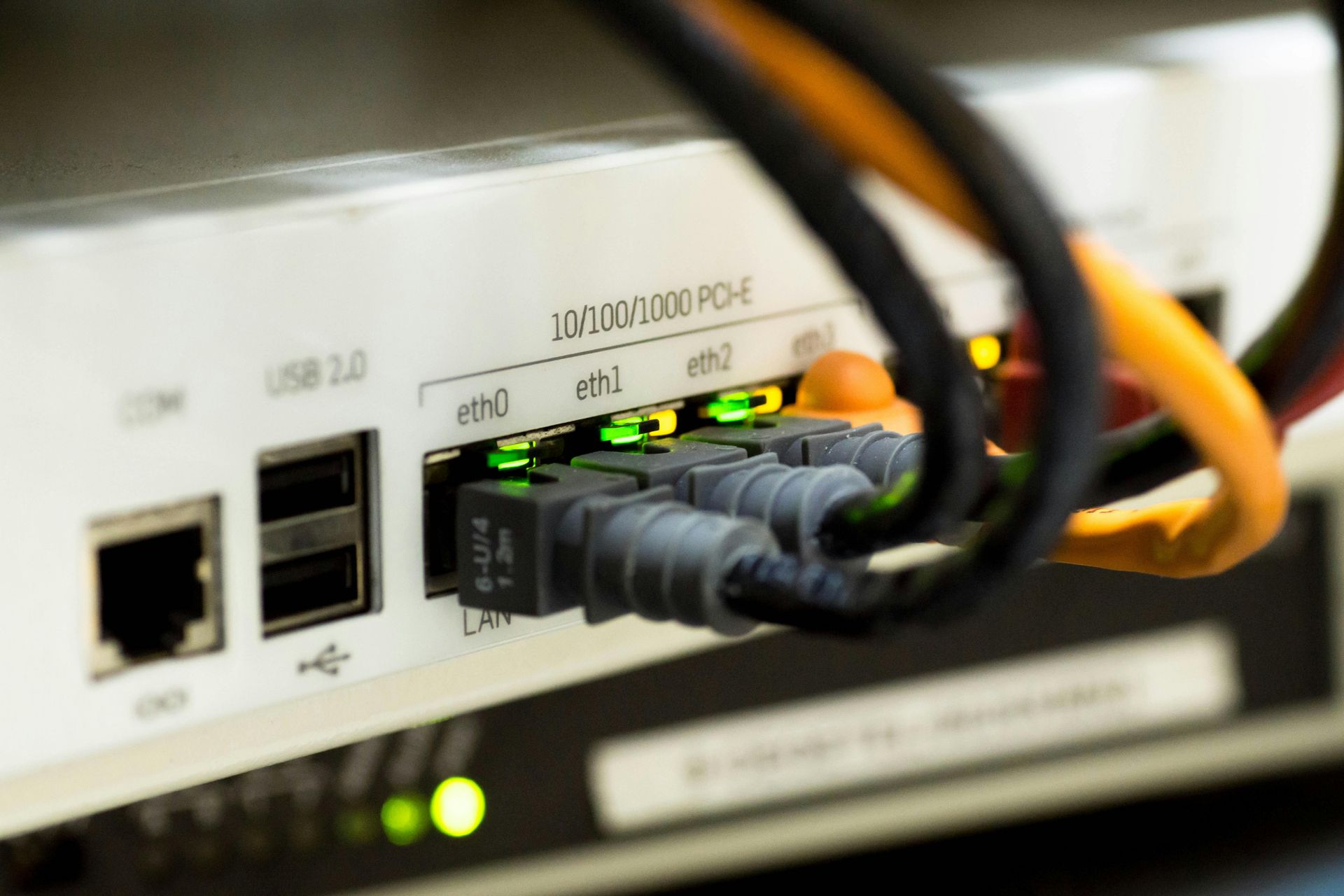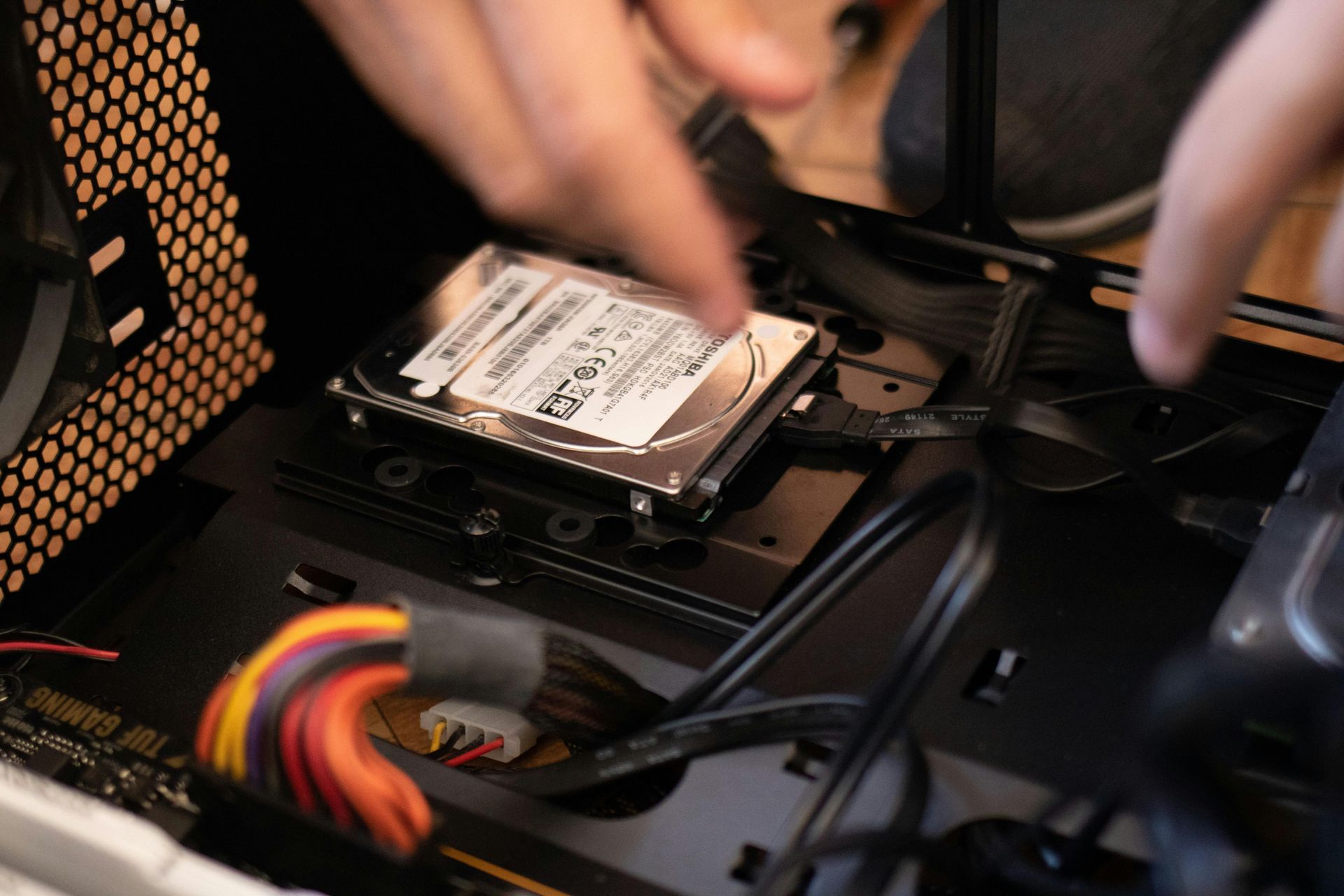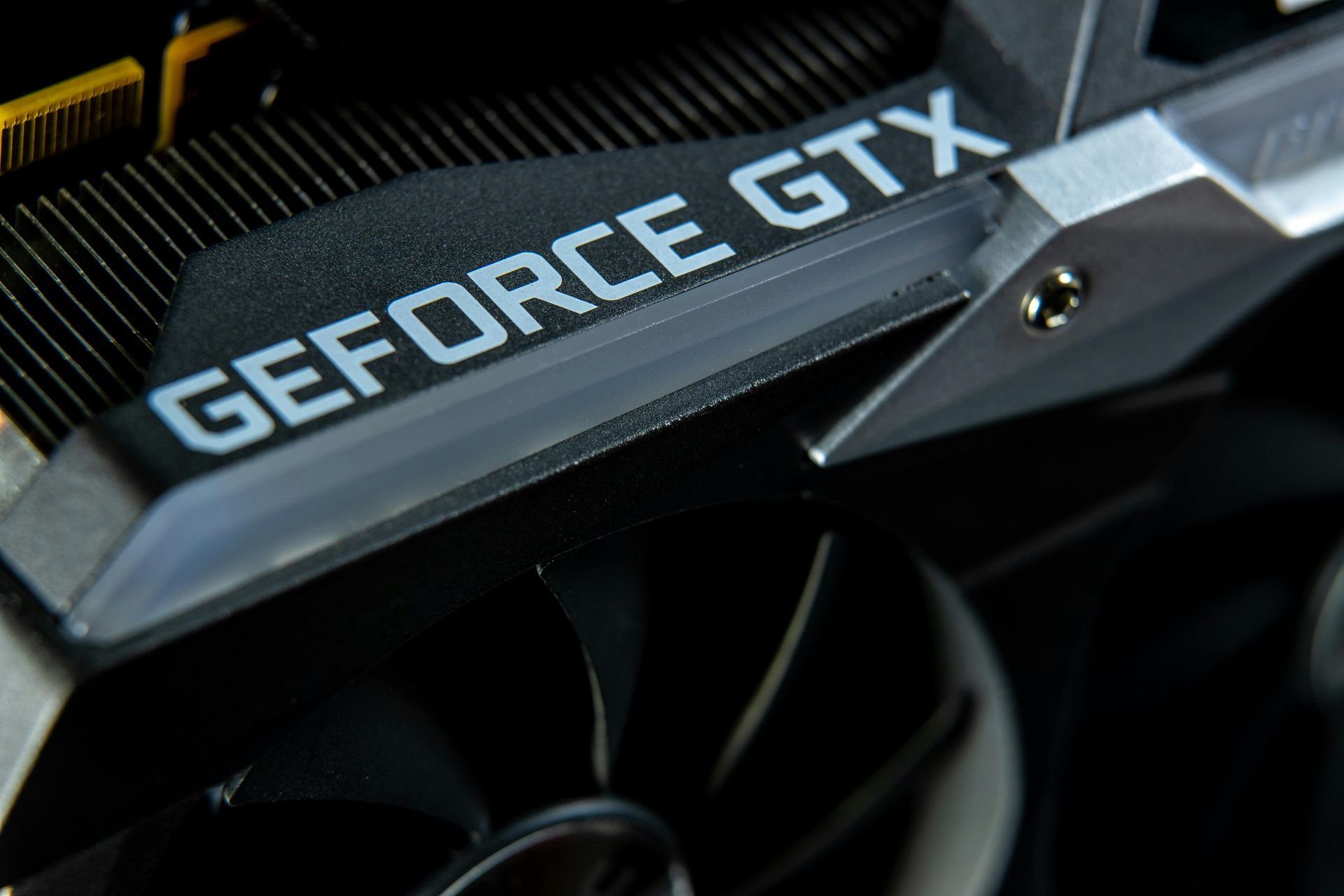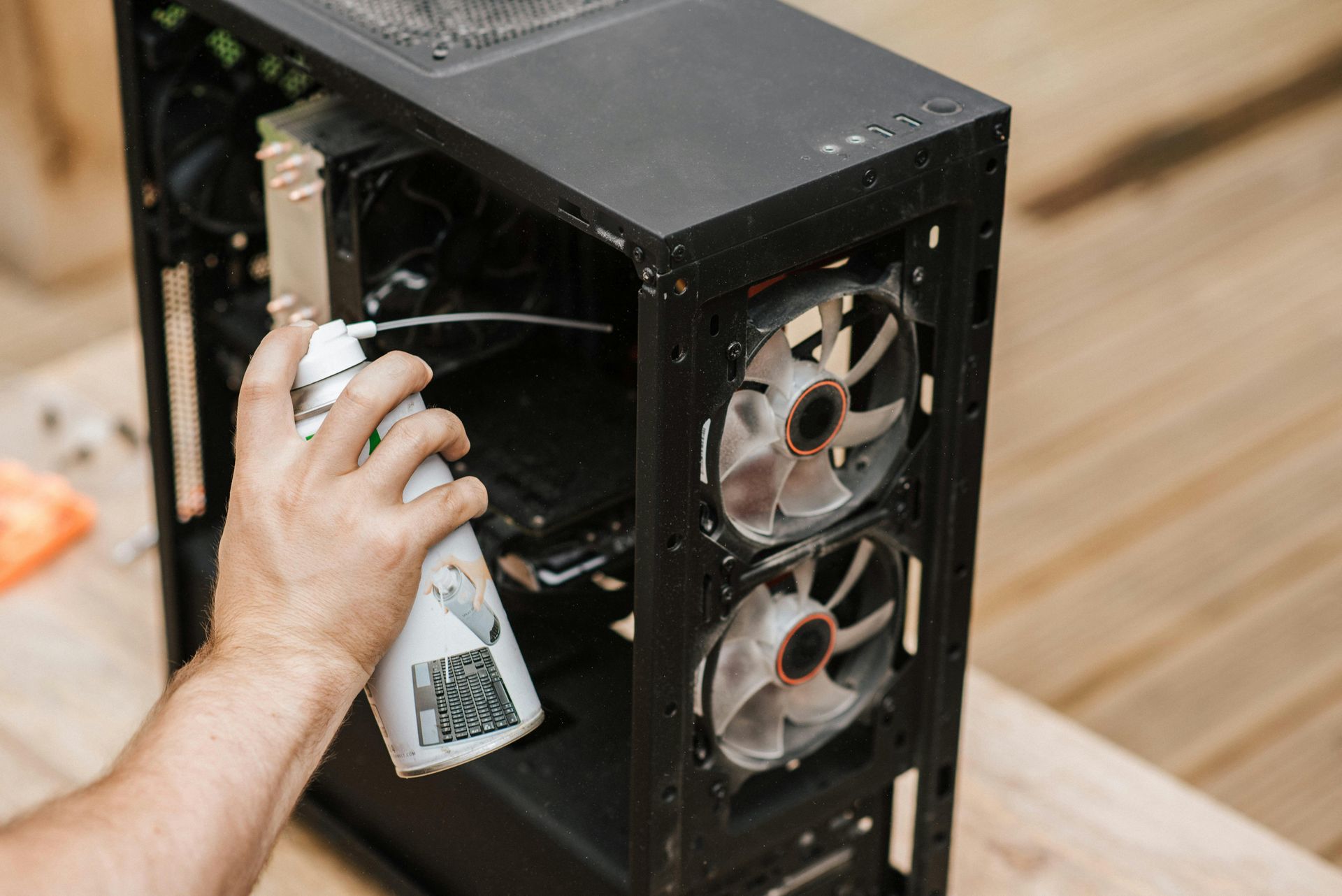Gaming PC vs. Workstation
Black Label IT Client • May 18, 2025
Which One Do You Need?

What is a Gaming PC?
A Gaming PC is designed for speed, responsiveness, and handling demanding graphics in real time. It’s built to run games smoothly with high frame rates and rich visuals.
Key Features:
- High-end graphics card (GPU) for gaming performance
- Fast CPU for game logic and smooth multitasking
- RGB lighting and flashy cases (often, but optional)
- Optimized for DirectX and real-time performance
Best For:
- Playing modern video games
- Streaming while gaming
- Light content creation (video editing, Photoshop, etc.)
What is a Workstation?
A Workstation is built for professional workloads. It’s optimized for stability, multitasking, and running high-performance applications like 3D modeling, video rendering, scientific computing, or CAD software.
Key Features:
- Professional-grade GPU (like NVIDIA Quadro or AMD Radeon Pro)
- More RAM and CPU cores for multitasking and heavy applications
- ECC RAM (Error-Correcting Code) in some systems for reliability
- Certified drivers for programs like AutoCAD, SolidWorks, Adobe Suite, etc.
Best For:
- Engineers, designers, architects, video editors
- Scientists or data analysts
- Anyone using software that needs accuracy and stability over frame rate
How to Choose
- If you want to play games – Go with a
Gaming PC.
It’s built for speed, high-quality graphics, and smooth performance. - If you do 3D design, video editing, or CAD work – Choose a
Workstation.
It’s more stable and built for professional programs. - If you just browse the internet, use email, or do office work – Either one will work.
A basic version of a Gaming PC or Workstation is more than enough. - If you need a bit of both (gaming and work) – A powerful Gaming PC with extra RAM and a good CPU can handle both tasks.
You may not need a full workstation unless your work software specifically requires it.
Price Differences
- Gaming PCs: Generally more affordable for the performance you get in games.
- Workstations: More expensive, especially with pro GPUs and ECC memory, but better for long-term stability in professional software.




















